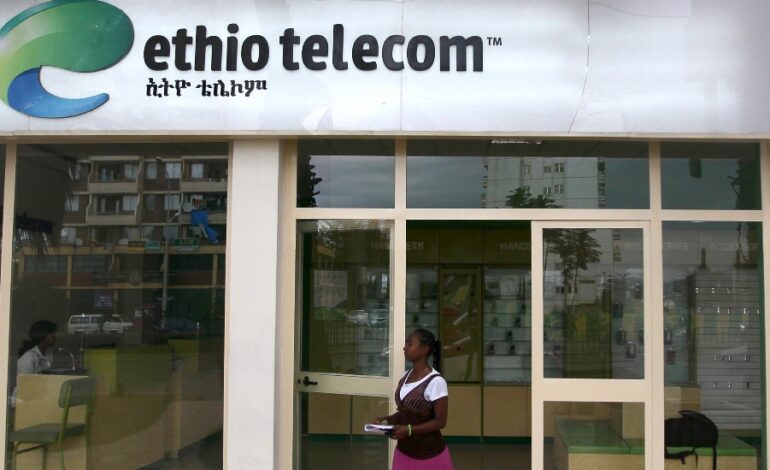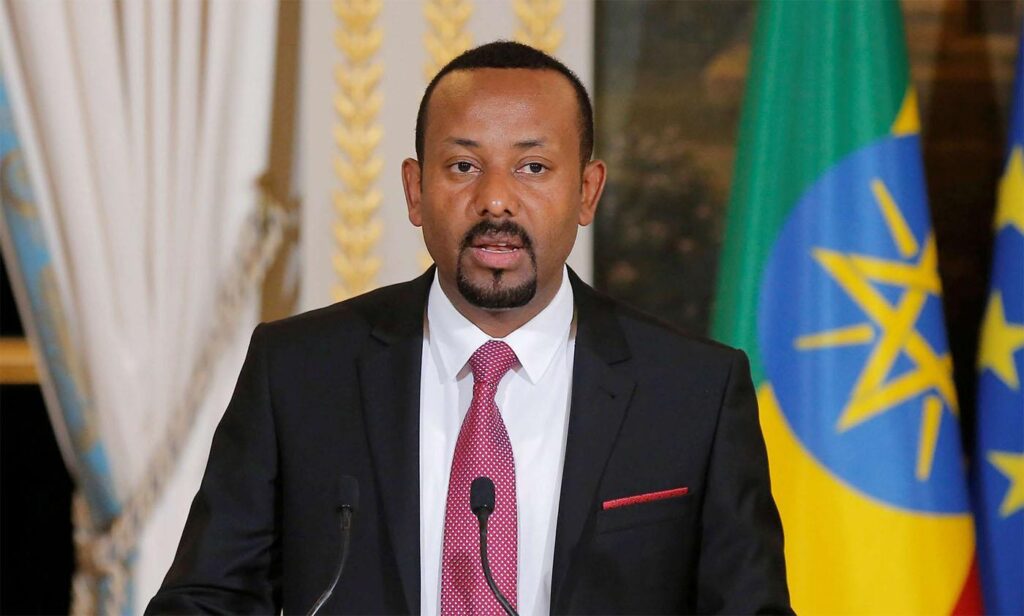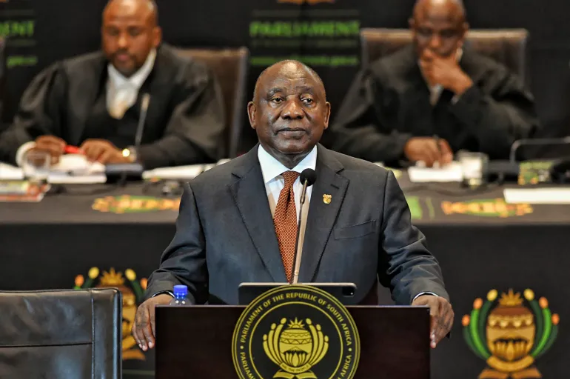
Renson Mwakandana
On Thursday, the Ethiopian government announced the sale of 45% of the capital of the national operator Ethio Telecom, which lost its monopoly in 2022, an increase from the 40% sale announced in November.
“The Ethiopian government is proposing a partial privatization of Ethio Telecom by selling up to 45% of its capital,” the Ministry of Finance declared in a statement, noting the company’s “strong financial performance”.
The same ministry announced the “sale of shares totaling 40% of the company’s capital” in November. The planned partial privatization of Ethio Telecom, a 100% public firm, had been postponed indefinitely to March 2022 “due to recent developments and fast macroeconomic changes” in the globe and the country.
The privatization of Ethio Telecom is one of the centerpieces of Prime Minister Abiy Ahmed’s reform program proposed when he took office in 2018 to restructure Ethiopia’s mainly state-run economy.

A second mobile phone license, eliminating Ethio Telecom’s monopoly, was issued to Kenyan operator Safaricom in May 2021.
Ethiopia’s economy, which has a population of 120 million people, has deteriorated dramatically in the last two years as a result of the Covid-19 pandemic, the deadly conflict between the federal government and rebel authorities in Tigray’s northern region – a peace agreement was signed between the parties in November 2022 – and the fallout from Ukraine’s war.




